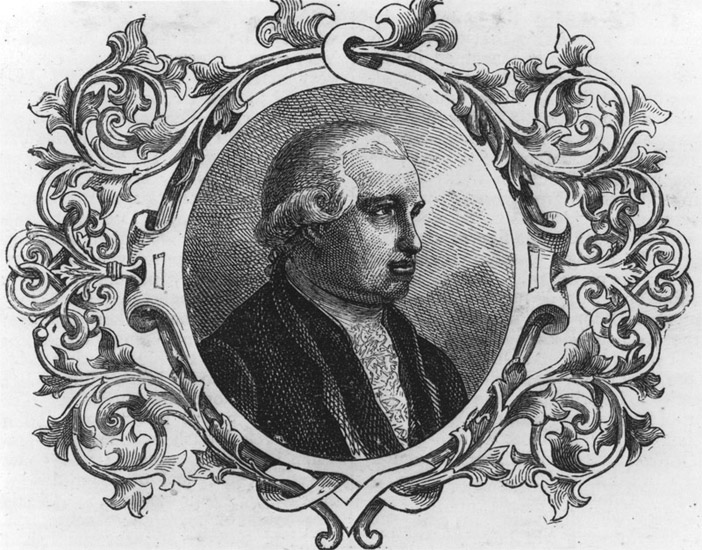A prominent European banking family of the eighteenth and nineteenth centuries.
Mayer Amschel Rothschild was born in Frankfurt, Germany, in 1743. As the son of a Jewish money-lender, Rothschild grew up in the ghetto of Frankfurt, but through his shrewd business acumen he became the financial agent for Elector William I. He and his wife had five sons, Amschel Mayer (1773), Salomon (1774), Nathan Meyer (1777), Karl (1788), and James (1792). All the sons, except Amschel, who remained in Frankfurt with his father, established branches of the Rothschild bank in other countries. Salomon operated the family branch in Vienna, Nathan moved to London, Karl opened a branch in Naples that was closed after Italy annexed Naples, and James operated in Paris.
The Rothschilds provided services to many of Europe’s governments at a critical time during the late eighteenth and early nineteenth centu ries. Nathan opened a branch of the Rothschild bank in London in 1805, a time when the British government was in need of funds to fight Napoléon Bonaparte. His firm raised the capital needed to fund the duke of Wellington’s army in 1814. On the day of Napoléon’s defeat at the Battle of Waterloo, Nathan received word, by way of courier pigeons, of the British victory and made a fortune on the stock exchange when other investors, unaware of the day’s events, continued to sell their shares. After the Napoleonic Wars, Nathan again provided loans to Great Britain, the Netherlands, and Prussia—money required to pay returning veterans of the war.
In appreciation for their services to his country, Emperor Francis I of Austria made all five brothers barons in 1822. During his lifetime, Nathan arranged for loans to many foreign countries, including France, Russia, and several South American countries, and required repayment in sterling—a requirement that circumvented unfavorable exchange rate changes.

The Rothschilds, including Mayer Amschel, the founder of the House of Rothschild, provided financial and other services to many of Europe’s governments at a critical time during the late eighteenth and early nineteenth centuries. (Library of Congress)
After Nathan’s death, his son assumed control of the London affairs. Baron Lionel Nathan de Rothschild (1808) provided loans to governments during periods of economic crisis, such as the Irish potato famine (1847) and the Crimean War (1856). He became a member of the House of Lords in 1858 after appropriate changes were made to what was originally a Christian oath that was required of members.
Although the five brothers started businesses in different countries, all of them shared information, and they operated as a single firm with Nathan as the chief executive. The family formed the first international banking firm. This allowed them to offer their services to their customers in various countries throughout the world. The LCF Rothschild Group maintains forty offices in thirty countries in North and South America, Europe, and Australia, but since the changes in government economic structure beginning in the mid-nineteenth century, the firm’s power has diminished. The London and Paris branches continue to operate as the dominant centers of the family dynasty.
Cynthia Clark Northrup
See also: Banking; Napoleonic Wars.
Bibliography
Corti, Egon Caesar. The Reign of the House of Rothschild. Translated by Brian Lunn and Beatrix Lunn. New York: Gordon, 1974.
Wilson, Derek A. Rothschild: The Wealth and Power of a Dynasty. New York: Scribner, 1988.
